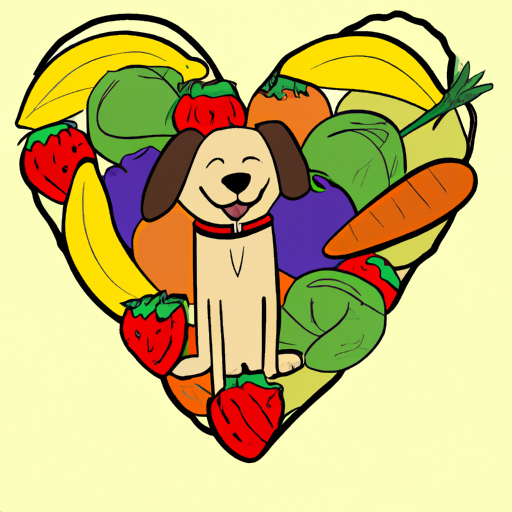As a caregiver, you naturally want the best for those in your charge, including your four-legged family members. When your dog looks up at you with those pleading eyes as you enjoy your meal, it can be tempting to share. But you’ve likely heard some human foods can be harmful to dogs. So, what’s safe for your furry friend to consume? This comprehensive guide will help you navigate the world of human food for dogs.
What Makes a Food Safe for Dogs?
The safety of a food item for dogs depends on several factors, including its nutritional content, digestibility, and potential toxicity. Some human foods are high in nutrients beneficial to dogs, such as protein, fiber, and healthy fats. Other foods may seem healthy but can pose a risk due to ingredients toxic to dogs, such as certain artificial sweeteners found in diet foods.
Human Foods That Are Safe for Dogs
Here are some human foods that are safe and even beneficial for dogs:
- Peanut Butter: A great source of protein and healthy fats. Make sure it’s unsweetened and doesn’t contain the artificial sweetener xylitol, which is toxic to dogs.
- Chicken: A lean source of protein. Be sure to remove bones and serve it cooked and unseasoned.
- Carrots: A good source of vitamin A and fiber, and they’re excellent for a dog’s dental health.
Human Foods That Are Unsafe for Dogs
Just as there are human foods that are safe for dogs, there are also those you should avoid. Here are a few examples:
- Chocolate: It contains theobromine, a compound that can be toxic to dogs.
- Onions and Garlic: These can cause anemia in dogs.
- Grapes and Raisins: These can lead to kidney failure in dogs.
Can Dogs Be Allergic to Human Foods?
Just like humans, dogs can have food allergies too. Common allergens include wheat, soy, dairy, and certain meats. If your dog shows signs of an allergic reaction, such as itching, breathing difficulties, or gastrointestinal upset, seek veterinary care immediately.
What to Do If Your Dog Eats Something Toxic
If your dog consumes something toxic, don’t panic. Contact your vet immediately. They may instruct you to induce vomiting, or they may want to see your dog right away.
How to Safely Introduce New Foods to Your Dog
When introducing new foods to your dog, do so gradually and in small amounts. Watch for any signs of digestive upset or allergic reactions. If your dog tolerates the new food well, you can gradually increase the amount.
How Much Human Food Can Dogs Eat?
While it’s okay to give your dog human food occasionally, keep in mind that it should not make up a large portion of their diet. The exact amount varies, but a good rule of thumb is that treats, including human food, should not make up more than 10% of a dog’s daily caloric intake.
| Food Type | Maximum Percentage of Daily Calories |
|---|---|
| Dog Food | 90% |
| Treats | 10% |
Frequently Asked Questions
-
Can dogs eat fruits and vegetables?
Yes, many fruits and vegetables are safe for dogs. However, some are not, like grapes and onions. Always research or consult your vet before giving your dog a new type of food. -
Can dogs eat dairy products?
Some dogs can tolerate dairy, while others may be lactose intolerant. Monitor your dog for any signs of upset stomach after consuming dairy. -
What should I do if my dog eats a lot of chocolate?
Contact your vet immediately if your dog consumes a significant amount of chocolate. The theobromine in chocolate can be toxic to dogs. -
Can I give my dog the same food I eat?
Not all human foods are safe for dogs. Some foods, like chocolate and onions, can be toxic. Always check before sharing your food with your pet.
By understanding what human foods are safe for dogs, you can ensure your pet stays healthy and happy. Remember, when in doubt, always consult your vet before introducing new foods to your dog’s diet.



